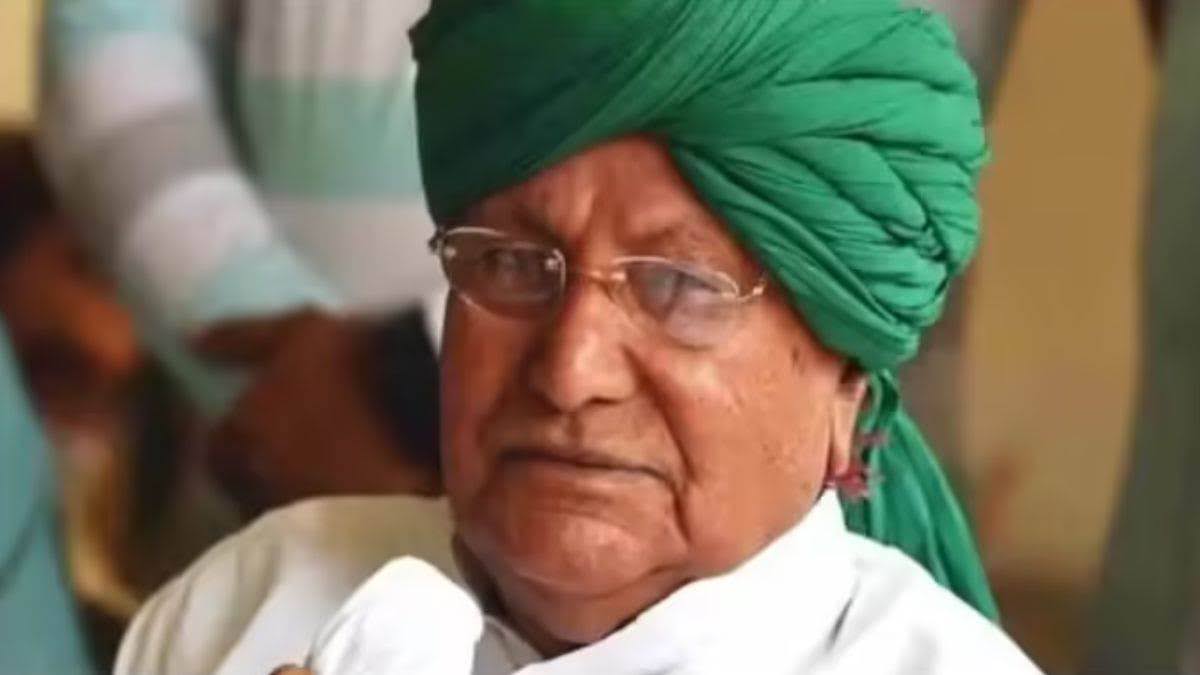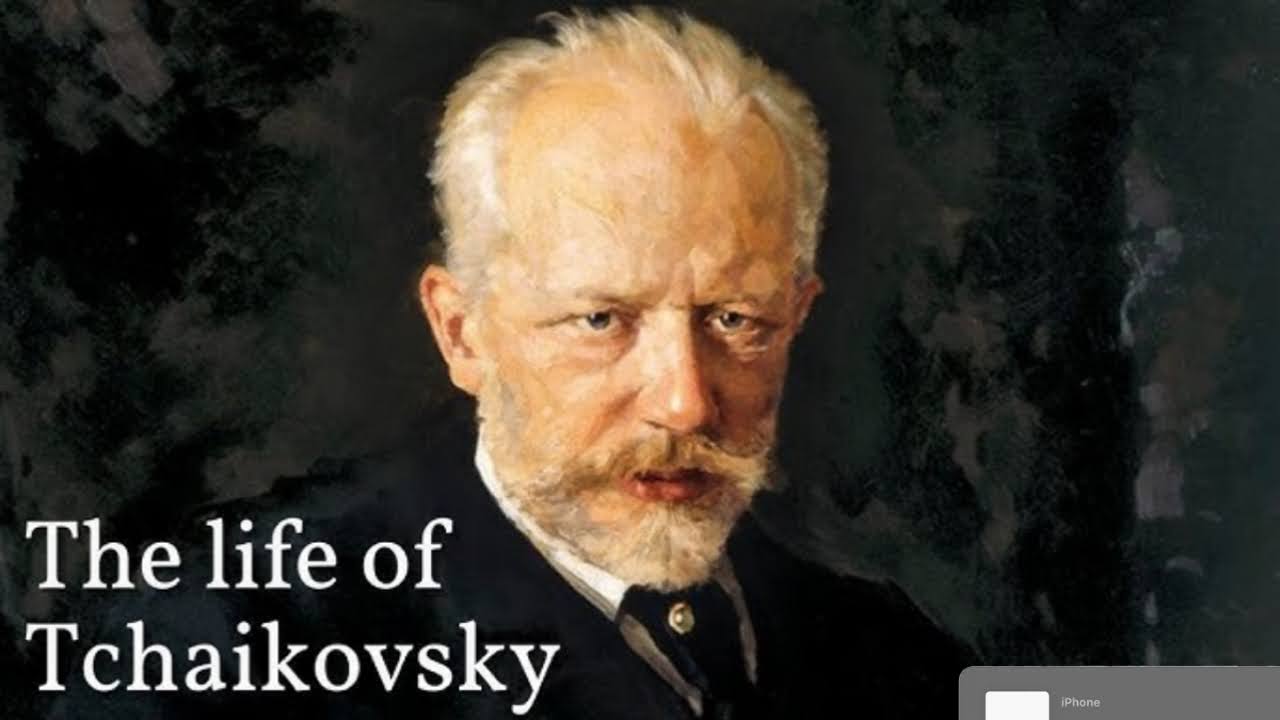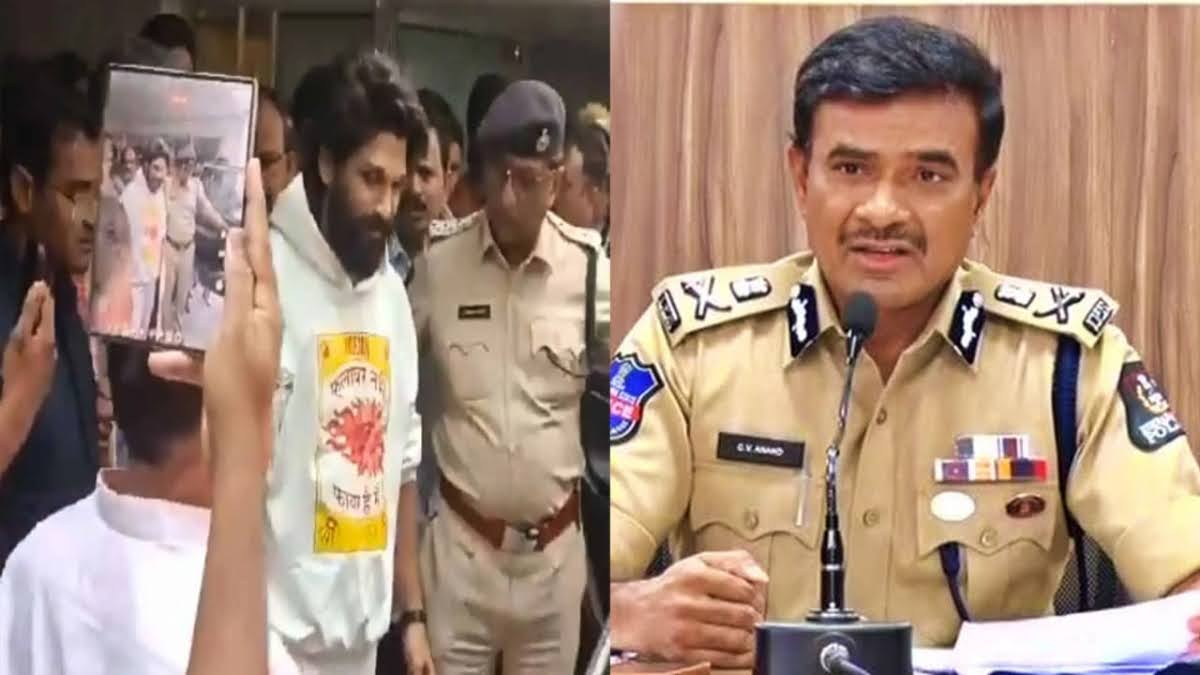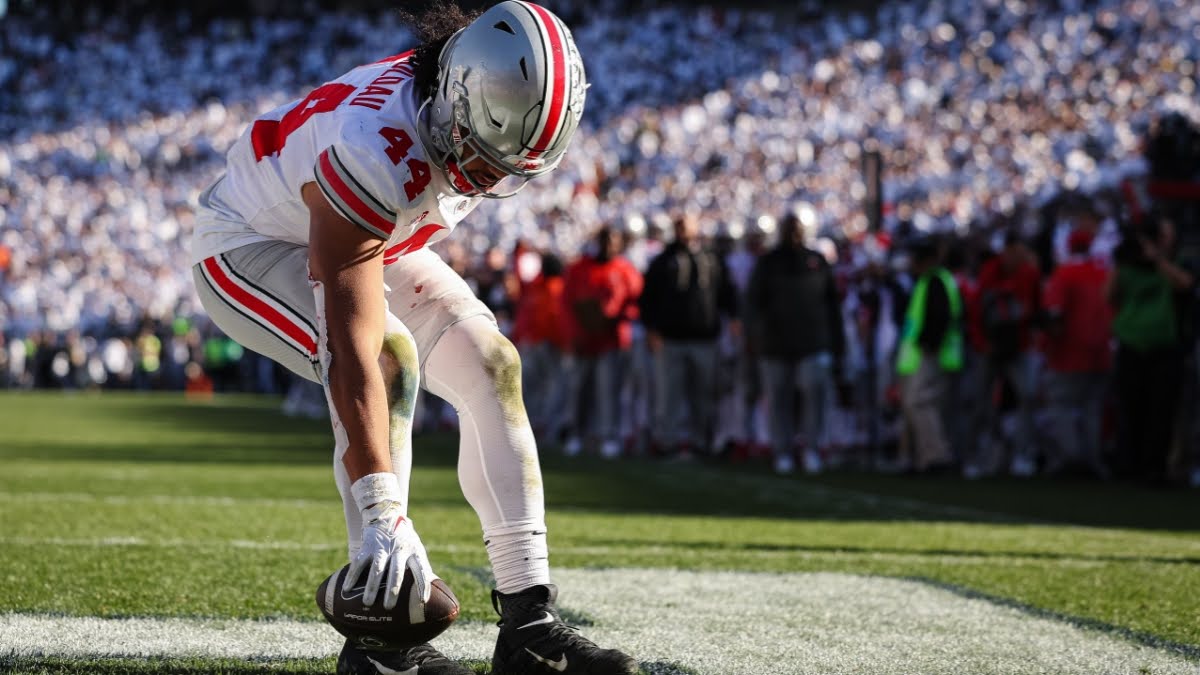
Om Prakash Chautala, a prominent figure in Indian politics, has been at the center of both significant political influence and high-profile legal controversies. Known as a stalwart of the Indian National Lok Dal (INLD) and a former Chief Minister of Haryana, Chautala’s career has been marked by achievements overshadowed by allegations of corruption and legal disputes. This article delves into the intricate details of his political journey, the corruption charges against him, and the subsequent legal battles that have defined his legacy.
Early Life and Political Ascent of Om Prakash Chautala
Om Prakash Chautala was born on January 1, 1935, in Chautala village, Haryana, into a family deeply entrenched in politics. His father, Chaudhary Devi Lal, served as the Deputy Prime Minister of India and played a pivotal role in shaping Haryana’s political landscape. Following in his father’s footsteps, Chautala joined politics, emerging as a key figure in the state’s power dynamics.
Chautala’s rise was swift. He served as the Chief Minister of Haryana five times between 1989 and 2005. His tenure was marked by initiatives aimed at rural development and improving the state’s agricultural infrastructure. However, these achievements were often overshadowed by accusations of nepotism and allegations of mismanagement.
The Infamous JBT Recruitment Scam
The Junior Basic Training (JBT) recruitment scam is perhaps the most infamous case associated with Om Prakash Chautala. In 1999-2000, during his tenure as Chief Minister, Chautala and his administration were accused of irregularities in the recruitment of over 3,000 teachers in Haryana.
The Central Bureau of Investigation (CBI) alleged that Chautala and his associates manipulated the selection process, replacing genuine candidates with those who had paid bribes. The scandal not only tarnished his reputation but also raised questions about the integrity of public office in Haryana.
In 2013, Chautala, along with his son Ajay Chautala and 53 others, was convicted by a Delhi court under the Prevention of Corruption Act and various sections of the Indian Penal Code. The court sentenced them to 10 years of rigorous imprisonment, marking a significant turning point in his political career.
Legal Battles and Imprisonment
Following his conviction, Chautala’s legal team mounted a vigorous defense, appealing the decision in higher courts. Despite their efforts, the conviction was upheld by the Delhi High Court in 2015, reaffirming the 10-year sentence.
During his time in prison, Chautala’s health deteriorated, leading to frequent hospitalizations. Despite these challenges, he remained active in politics, often issuing statements and directives to his party members from behind bars. His imprisonment also sparked debates about the leniency granted to high-profile prisoners in India.
The Fallout on INLD
The conviction and imprisonment of Om Prakash Chautala had profound implications for the Indian National Lok Dal. Once a dominant force in Haryana politics, the party’s influence waned significantly. Internal conflicts, including a split within the family, further weakened the party’s standing.
Chautala’s grandsons, Dushyant Chautala and Digvijay Chautala, parted ways with the INLD to form the Jannayak Janata Party (JJP), further fragmenting the political base. Despite these setbacks, Om Prakash Chautala’s loyalists continued to regard him as a patriarchal figure, rallying around his leadership.
Public Perception and Controversies
Public opinion on Om Prakash Chautala remains divided. While his supporters hail him as a leader who championed rural development and upheld the interests of farmers, his detractors view him as a symbol of corruption in Indian politics. The JBT recruitment scam, in particular, has left an indelible mark on his legacy, serving as a cautionary tale about the abuse of political power.
Chautala’s tenure also faced criticism for promoting nepotism, with key positions often being allocated to family members or loyalists. This perception of favoritism further alienated sections of the electorate, particularly the youth, who sought a more transparent and merit-based governance model.
Political Comeback Attempts of Om Prakash Chautala
Despite his legal troubles, Om Prakash Chautala has made several attempts to revive his political career. After his release from prison in 2021 on account of good conduct, he resumed his role in active politics, focusing on rebuilding the INLD.
Chautala’s comeback efforts have included public rallies and outreach programs aimed at reconnecting with his traditional voter base. However, the emergence of new political players, including the JJP and the Bharatiya Janata Party (BJP), has posed significant challenges to his aspirations.
Broader Implications of the Case
The JBT recruitment scam and Chautala’s conviction underscore the systemic issues of corruption and nepotism in Indian politics. The case highlighted the need for stronger institutional checks and balances to prevent the misuse of power.
Moreover, the high-profile nature of the case brought attention to the role of the judiciary in holding public figures accountable. The conviction was widely regarded as a landmark judgment, setting a precedent for future cases involving corruption and abuse of office.
Conclusion of Om Prakash Chautala
Om Prakash Chautala’s life and career encapsulate the complexities of Indian politics. A leader with significant achievements in rural development and governance, his legacy has been marred by allegations of corruption and legal entanglements. The JBT recruitment scam, in particular, serves as a stark reminder of the consequences of power misuse.
As Chautala continues to navigate the political landscape, his story remains a compelling narrative of ambition, power, and accountability. Whether he can rehabilitate his image and restore the INLD’s influence in Haryana remains an open question, but his impact on Indian politics is undeniable.







